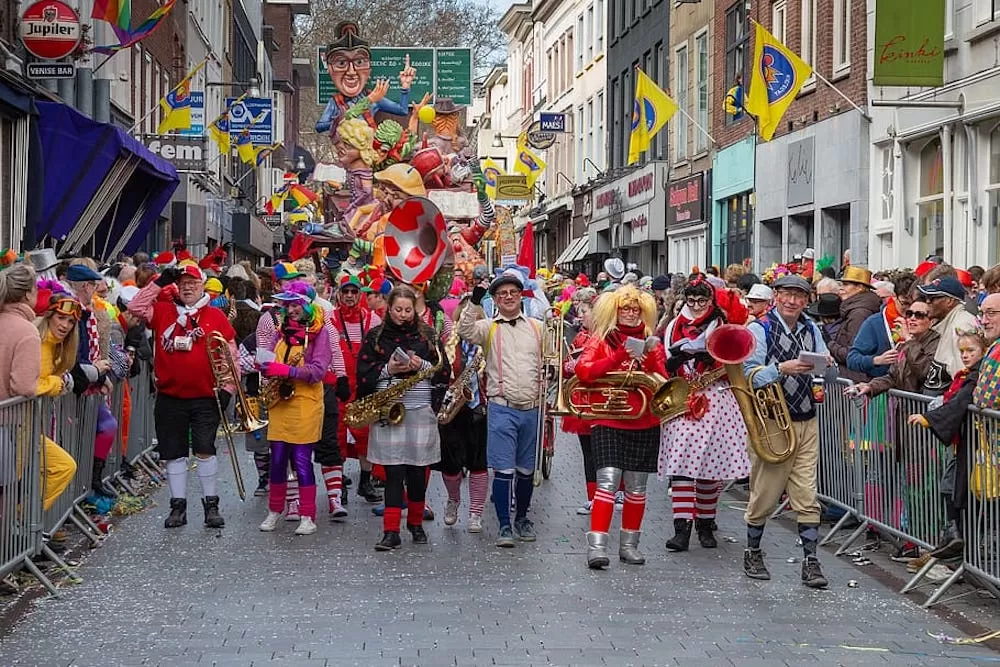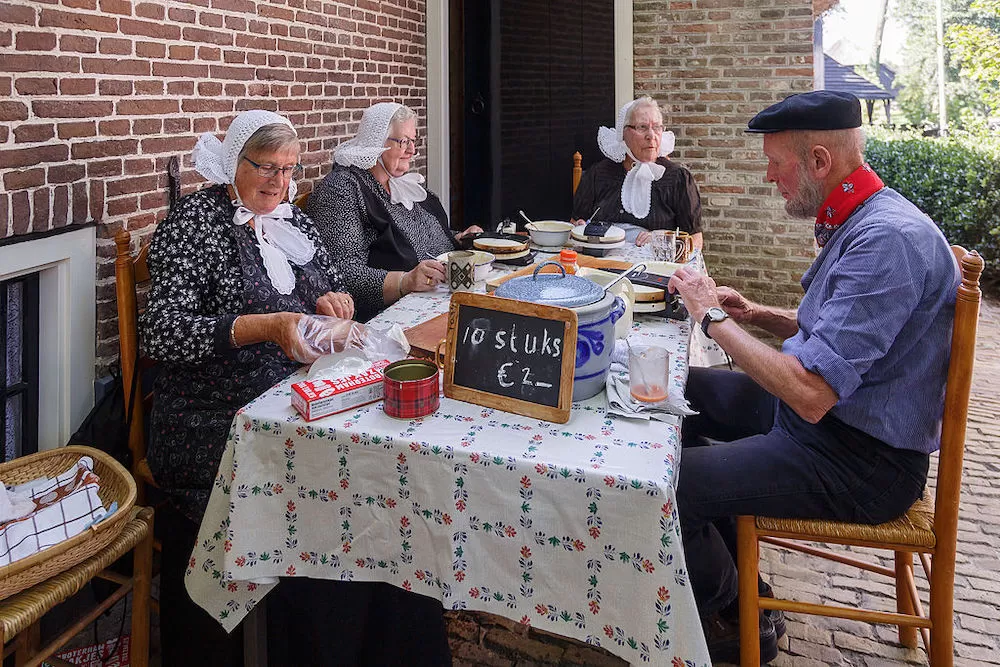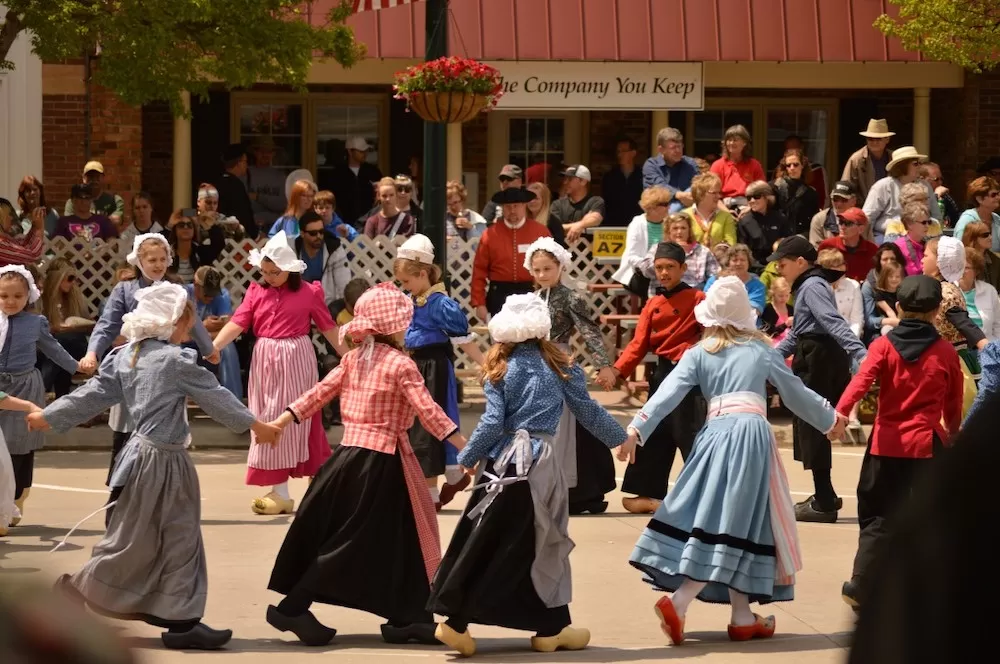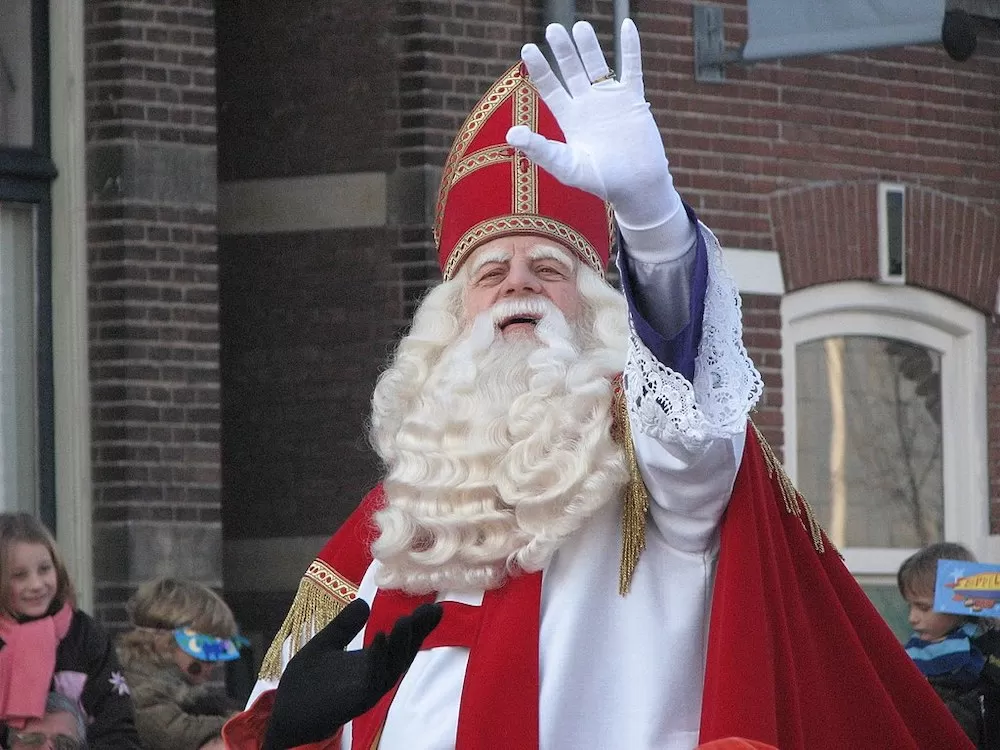It seems like every day is a holiday in the Netherlands, doesn't it? The culture and the people here seem so laid-back that you can't help but just be happy and peaceful. However, the country does have its own set of national holidays, ranging from the religious to the historic. And they are, more often than not, reflections on what the Netherlands really is as a nation of people. Sure, you might get a good idea of the country just by visiting it, but actually experiencing and observing a holiday with them here will really show you who the Dutch really are.
Easter Monday (Every April or May)
Just like in
France and
Spain, the Netherlands celebrates Easter Monday as well. In fact, they see Easter as a sort of two-day holiday, consisting of Easter Sunday and Easter Monday. Actually, Easter Monday doesn't have any religious and biblical significance, the Dutch, as well as those in other European countries that observe it, simply use it as a long weekend to end the Lenten season. But many people still hear mass or attend special payer services on this day. But after that, it's back to the Easter weekend festivities. Think big feasts with
Dutch parties and dishes, Easter egg hunts, and more!
King's Day (April 27)
Though it may not seem like it, the Netherlands is one of few countries that still hold their royals in high regard. So much so that the reigning monarch's birthday/coronation day instantly becomes a national holiday the moment he/she is crowned. Since 2014, it's become known as 'King's Day' to pay tribute to the reigning king of the country, King Willem-Alexander's birthday, which is on April 27. Previously, it was celebrated as 'Queen's Day' in honor of the last monarch, Queen Beatrix's coronation day, which was on April 30, 1980. However, if the date falls on a Sunday, then 'King's Day' is celebrated on the previous day, April 26, instead.
Labor Day (May 1)
It's no secret that many people would want to
work in the Netherlands. It is, after all, one of the more stable
job markets and economies in Europe. And because of this, the country also celebrates Labor Day, held every May 1st. It's a day where people who work get to rest and relax, put their feet up, take a breather, and spend time with family and friends. More often than not, many use this day to do all sorts of things, such as watching a movie, go out for drinks, and if it falls on a Monday, go out of town during the long weekend.
Remembrance of the Dead (May 4)
One of the saddest parts of Dutch history is World War II. The Netherlands, known as Holland at the time, was one of many European countries that were taken over by the German Nazis at the time. And as a result, countless Dutch lives, especially Jewish Dutch lives, were lost. To remember them, the country observes the '
Dodenherdenking' or the Day of Remembrance of the Dead. They pay tribute to everyone who sacrificed their lives during that conflict, from the members of the armed forces that did their best to defend the country (and liberate it at the end of the war) to the tragic victims of the Holocaust.
Liberation Day (May 5)
Right after the Day of Remembrance of the Dead, which is perhaps one of the sadder and more solemn holidays on this list, the country takes a 180° and celebrate Liberation Day. Marking the time the Nazi occupation ended in the Netherlands (called Holland at the time), it's one of the most joyous days in the Dutch calendar. People all over the country remember the victory of the Allied Forces find driving out the German Nazis, who wreaked havoc and caused death & destruction throughout the war. It's very similar to Armistice Day that
the UK,
Italy, and more celebrate.
Sinterklaas Day (December 6)
While the world recognizes Santa Claus as the central (and very commercial) figure for Christmas, the Netherlands is part of a few European countries who see him in a different light. In this part of the world, Santa Claus is more known as Sinterklaas, a legendary man based on St. Nicholas. Just like the saint, and the universally famous Santa Claus, Sinterklaas gives gifts, treats, and ultimately, joy to the children of the Netherlands (and other European countries). He's become one of
the country's main Christmas traditions. And in the Dutch calendar, instead of Christmas Eve (December 24), his day is on December 6.
Part of what makes the Netherlands the great country it is now are its holidays. They give a good peek into the culture, heritage, and history of the country as well as giving the people here a chance to celebrate, spend time with loved ones, and more!
The Netherlands has its fair share of
luxurious homes on offer. So there's no reason why you can't stay in any of them during these holidays!



